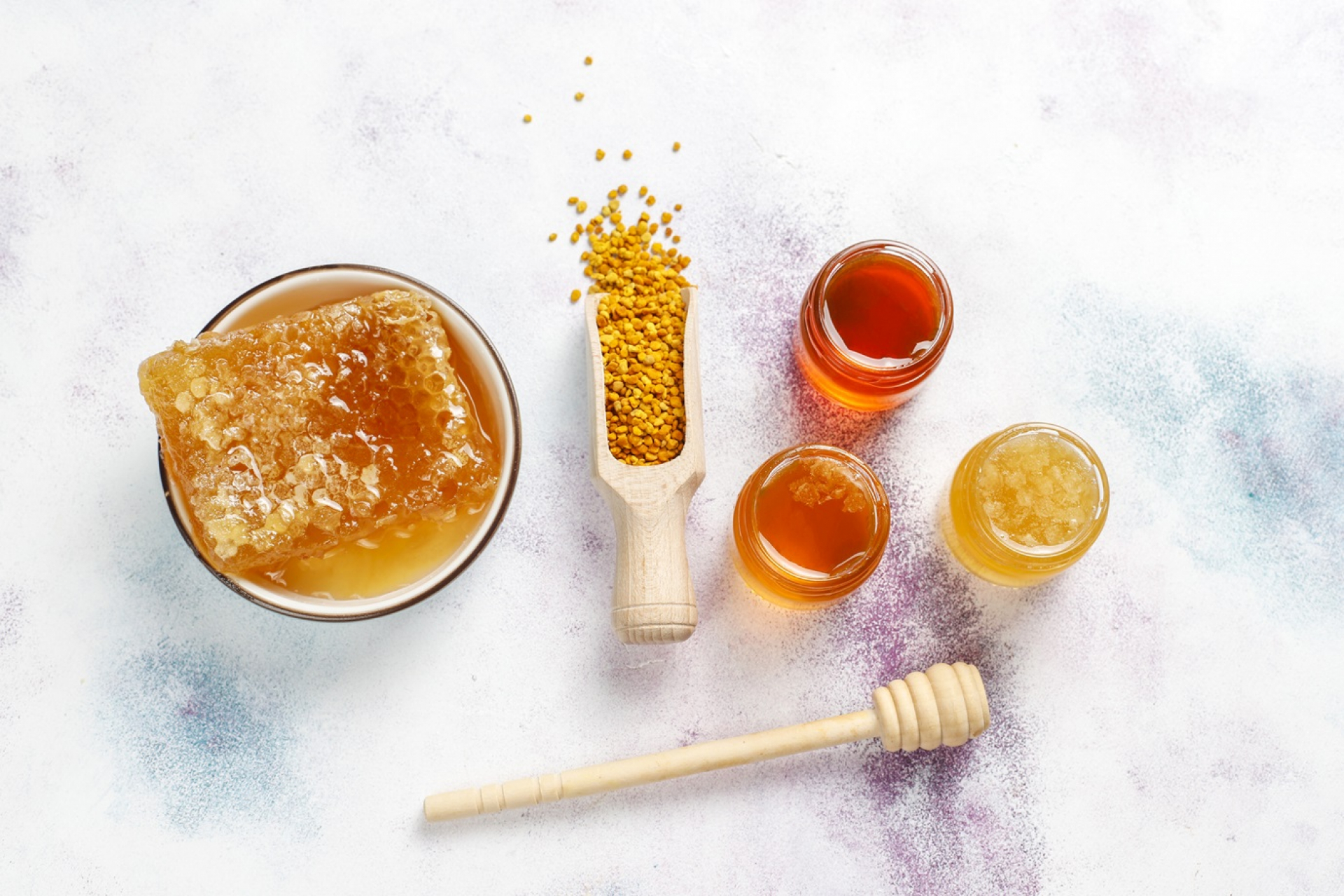If you have type 2 diabetes or are at high risk for it, you may have heard suggestions that honey could be a better option than table sugar. But keep in mind that honey still contains simple sugars and carbohydrates. Managing diabetes requires careful monitoring of carbohydrate intake, especially if you are on medications like insulin. So before deciding to incorporate honey into your diet, here’s some information you need to know.
How is Honey Different from Table Sugar?
Honey is a natural sweetener that you will see listed as an “added sugar” on nutrition labels since it does not occur naturally in other foods. You can use it to sweeten food. It is made up of carbohydrates, the bulk of which comes from glucose and fructose (simple sugars).
Honey contains small amounts of potassium, zinc, calcium, and vitamin C, along with antioxidants, which are beneficial for health. However, the amounts are not significant, so honey should not be relied upon as a major source of these nutrients. Unlike white or "table" sugar, honey does have some vitamins and minerals. It also has a lower glycemic index (GI) than sugar, with a GI value of 58 compared to sugar's GI value of 60. This means that honey raises blood sugar levels, but not as fast as sugar.
Be mindful of the amount of honey you are eating if you choose to eat it. Some foods that have honey or have a sauce made from honey may contain more honey and carbohydrates than you realize, which could affect your blood sugar and insulin dosage.
Benefits of Honey
Advantages of using honey as a sweetener:
- The body can digest the carbohydrates in honey more easily than table sugar.
- The combination of fructose and glucose in honey results in a lower impact on blood glucose levels.
- Honey is an excellent quick-acting source of carbohydrates that can help treat low blood glucose levels when necessary.
- Honey includes small quantities of antioxidants, vitamins, and minerals that could offer certain health advantages.
Can Diabetic Individuals Eat Honey?
If you use insulin, it is important to monitor the quantity of carbohydrates (even honey) that you consume on a daily basis. Keeping track of your carbohydrate and fiber consumption can help you stay on top of your blood sugar levels. Remember to consume honey in moderation and consult with your healthcare provider or a diabetes specialist to determine a safe amount for you.
Sugar Substitutes for Diabetes
While honey is often seen as a natural alternative to sugar, other sweeteners may be more suitable for those following a diabetic diet and looking to manage their blood sugar levels.
Stevia: Stevia is made from the leaves of the Stevia plant and is a calorie-free natural sweetener. It is sweeter than sugar, so only a small amount is needed.
Erythritol: Erythritol is a sugar alcohol that tastes very much like sugar. Erythritol has minimal impact on blood sugar or insulin levels.
Xylitol: Xylitol is another low-calorie sweetener that has little effect on blood glucose levels, although excessive consumption can cause digestive issues.
Allulose: Allulose is a rare sugar that is found in small quantities in certain fruits, such as figs and raisins. It tastes and has a similar texture to sugar, but it does not impact blood sugar levels.
Each of these sugar substitutes can be part of a healthy diabetic diet. Remember, moderation is key, and everyone reacts differently to different sweeteners. Talk to your healthcare provider before making any changes to your diet, such as using sweeteners or finding the best foods for diabetes control.
Type 2 Diabetes Diet
Maintaining a balanced diet for diabetes requires the consumption of diabetes-friendly foods consisting of a variety of nutritious foods. Your diet should consist of the following:
- Vegetables and fruits
- Whole grains, for instance, whole wheat, brown rice, quinoa, and oats
- Proteins such as lean meats, fish, chicken, eggs, beans, and nuts
- Non-fat milk, yogurt, and cheese
Honey has a lower glycemic index and some nutritional benefits, but its effect on diabetes management is not clear. Make sure to use honey in moderation while following a healthy eating plan. It may also be beneficial to try some other sweeteners as well. Regularly checking your blood sugars is important for managing diabetes. Learn more about your levels and how you might need to modify your diet by consulting with your healthcare provider.


